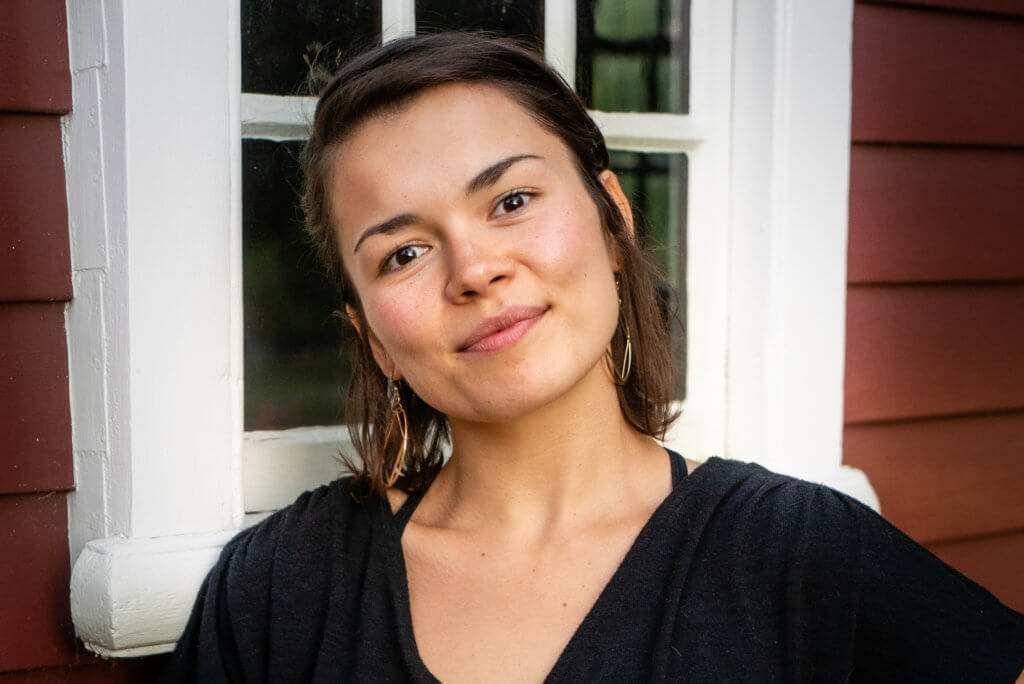Episode
Highlights
HOPE ALL IS WELL (2021)
“It’s a departure because I had identified my trauma. I had identified all these things that I was going through, and now it’s time to let go.”
—JON HOPE
african and black
“My mom, even to this day, she does not… identify as Black American. She would always say, ‘Don’t don’t hit me with this shit. I’m African.'”
—JON HOPE
“The representation was very desolate. You know, so all that stuff plays into your psyche. And so how did that manifest in my Black American friends, you know, making fun of me and just, you know, what we would do crack on each other, you know what I’m saying, you know, ‘African booty scratcher, tar baby.'”
—JON HOPE
“My middle name is Mondubu… But for the longest, I would tell people my name is Michael. Just on some ignorant self-hate type shit.”
—JON HOPE
“We ended up going to Senegal, to Dakar. And so I was there for about two weeks, and I hated it. Because I was so Americanized, I didn’t even want to eat the food.”
—JON HOPE
2020 CIVIL UNREST
“Seemingly, there’s this awakening and, you know, the protests and all this stuff. For me, a lot of it was performative. This isn’t the first time we’ve seen this. So, why does it have to take this for all of a sudden for institutions, corporations to put out statements, hashtags about diversity and inclusion and all this stuff?”
—JON HOPE
“We’re not telling you to stop anything. We’re just saying: we matter. A Black life matters.”
—JON HOPE
TRUTH TELLING THROUGH EDUCATION
“Part of that self hate that we talked about with my relationship with Africa, was because the first time you taught me about myself, I was a slave, right? Not knowing that I was this king. And that I had this rich history. And the only time I learned about myself was for 28 days. And it was Martin and Malcolm and Harriet.”
—JON HOPE
“If we’re only learning through this white Eurocentric prism, you rob even white people of the opportunity to learn — you know what I mean? Because then you give them, they think that they invented air.”
—JON HOPE
HOPE SCHOLARS INITIATIVE
“That’s what prompted Hope Scholars Initiative, which is to create programming, events, and just overall a space where students can learn and be themselves and where their hip hop cultural identity is validated and affirmed. You know what I mean? Because once you do that, now, you’re more connected to your scholarship. Now I’m, like, willing to learn.”
—JON HOPE
BLACK EXCELLENCE
“Because a lot of times people want to ascribe Black excellence to like Oprah, Obama, you know, this classist shit. Which they are. But what ends up happening is as a default, you know, they’re not – you don’t see Obama every day, right? You know, like, Black Excellence is my mom.”
—JON HOPE

